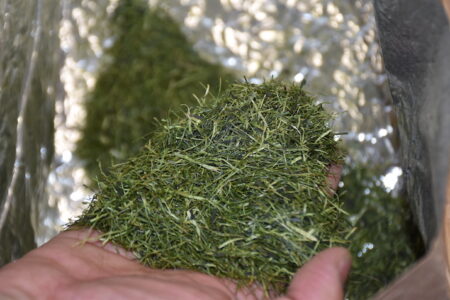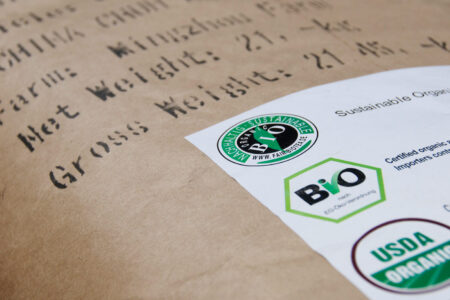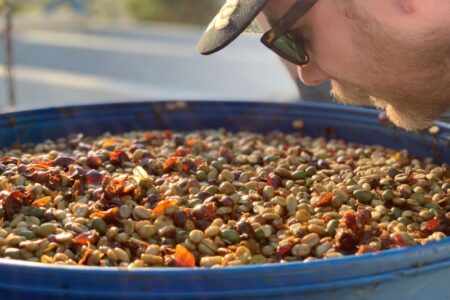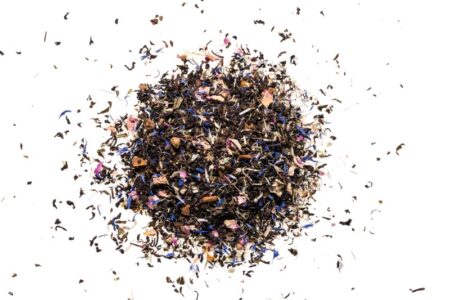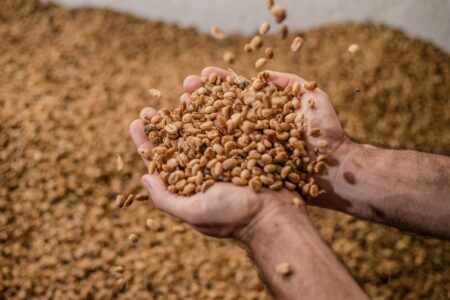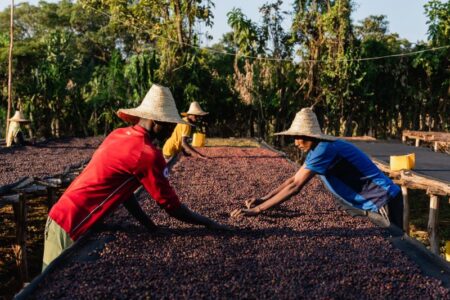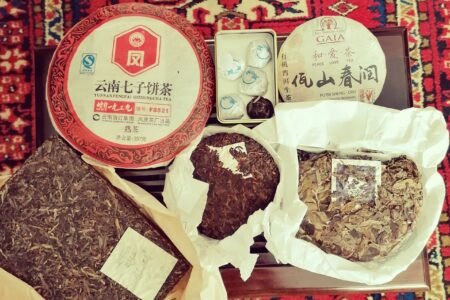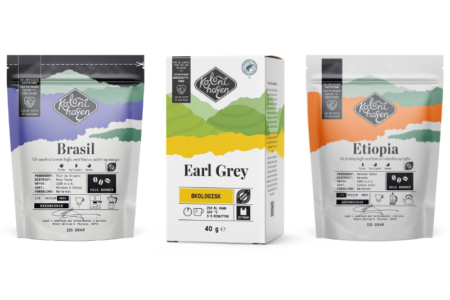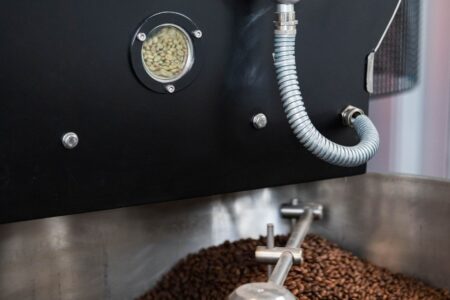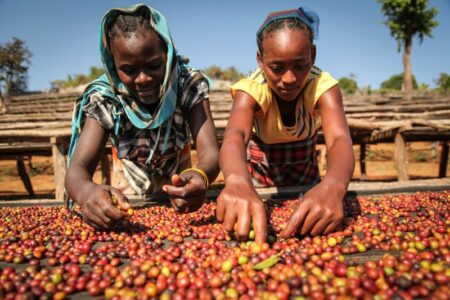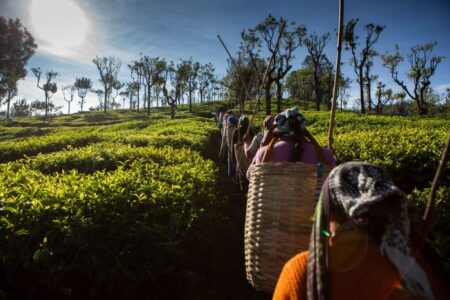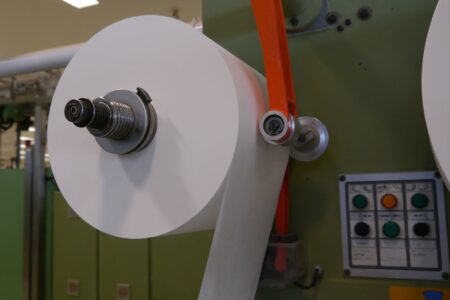Features
Coffee co-fermentation gaining traction
To become more innovative and improve the flavour of their coffee, some savvy coffee producers are now experimenting with coffee co-fermentation, which has many benefits, but is not without challenges. By Shem Oirere
The balance of organic
The growth of the organic tea and coffee market is accelerating, but is the cost to the producers and consumers justified by the environmental benefits? By Kathryn Brand
The coffee market remains fickle
In an exclusive article to T&CTJ, Carlos Mera, head of the agri-commodities markets at Rabobank’s RaboResearch Global Economics & Markets division, reviews the recently closed CY 22/23 and assesses CY 23/24, which begins 1 October. By Carlos Mera
Stakeholders must join forces to achieve circularity
A circular packaging economy depends on improvements in design, recovery infrastructure and regulatory changes. By Jorge Izquierdo
Mitigating trade risks in the global coffee supply chain
The direct trade model represents not just a business strategy, but a holistic approach to reshaping the way commerce is viewed. However, the interest in direct trade is often overshadowed by the perceived risks. By Brianna Dickey
Cold brew leads the next wave of coffee culture
Cold brew coffee’s rapid popularity ascent continues because it is meeting consumer demands for convenience, health and premium flavour. By Siân Edwards
Fake cake: the business of counterfeit pu’er teas
Known for their exquisite character, authentic pu’er teas can be pricey, leading to the emergence of counterfeit pu’ers. While counterfeit pu’ers is a lucrative and detrimental business in China, the impact globally is not clear. By J.W. Kaler
Though a bit cloudy now, the forecast for PL coffee and tea is sunny
The appeal of private label coffee and products varies greatly between Eastern European and Nordic states, with sales ranging from solid to tepid to even underperforming, but prospects for growth are strong in both categories. By Eugene Gerden
Buds to bolster the demand for flavoured tea
Sales of flavoured teas – both Camellia sinensis and botanical/herbal-based – are booming as the variety of offerings seems endless, which caters to consumers ever-changing palates. Couple that with the numerous functional, health, medical benefits, and the result is a category with continued strong global growth potential. By Divakar Kolhe
High tech is key to reducing coffee roasting’s carbon footprint
A key step in coffee roasters striving to become more sustainable is utilising more sustainable roasting machines, and the manufacturers are meeting this demand by providing roasting machines with cutting-edge technology. By Vladislav Vorotnikov.
Special Sustainability Section; suppliers embrace sustainability
As with the coffee and tea brands they work with, suppliers in the coffee and tea industries have long been advocates for sustainable practices. Many suppliers have their own programs in origin countries to advance sustainable measures while others work with the brands they supply or organisations to develop or improve sustainability at the heart of the coffee or tea supply chain.
Special Sustainability Section; sustainability is inherent in today’s brands
Corporate Social Responsibility (CSR) is no longer a couple of lines in the glossy pages of an annual report or in the ‘About’ section on a company website — brands must be actively engaged in ‘good practices’ and sustainable initiatives or today’s consumers will hold them responsible.
Compostable tea bags: a step towards sustainable brewing
As the demand for sustainable tea bags grows, a logical first step is the use of compostable bio-plastic materials such as PLA, but converting is not without its challenges. By Kathryn Brand
Tea-bagging tech answers the call of the modern era
The tea-bagging machinery sector had been slow to innovate but this is changing as manufacturers are stepping up to meet customer demands. By Vladislav Vorotnikov

